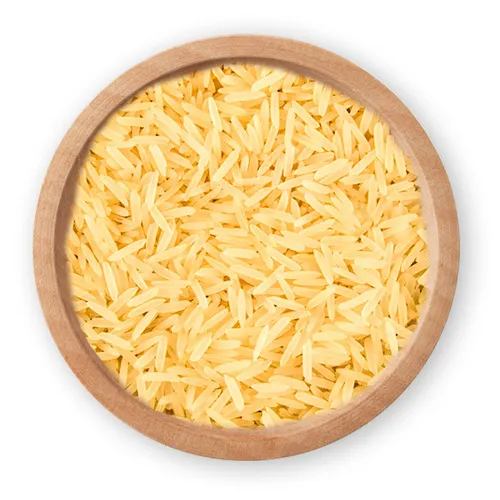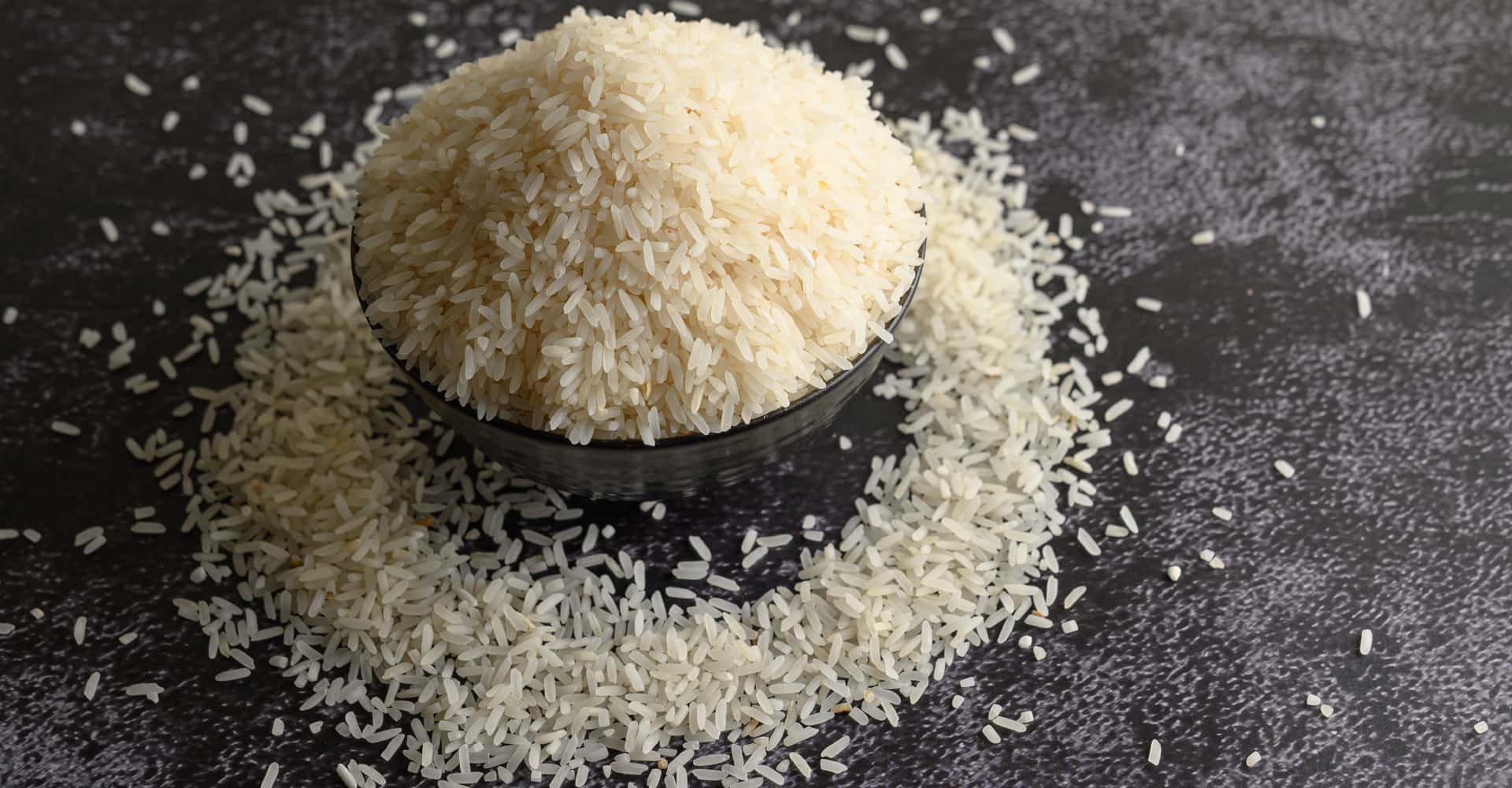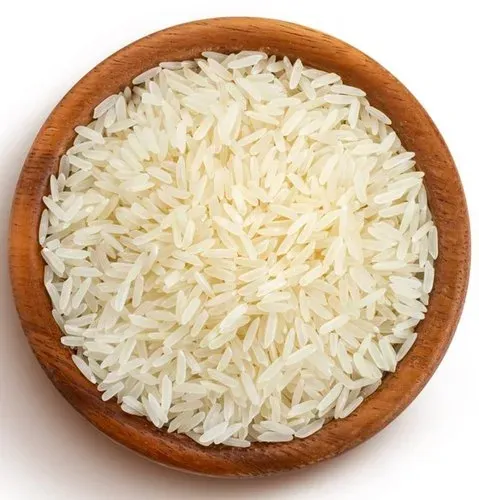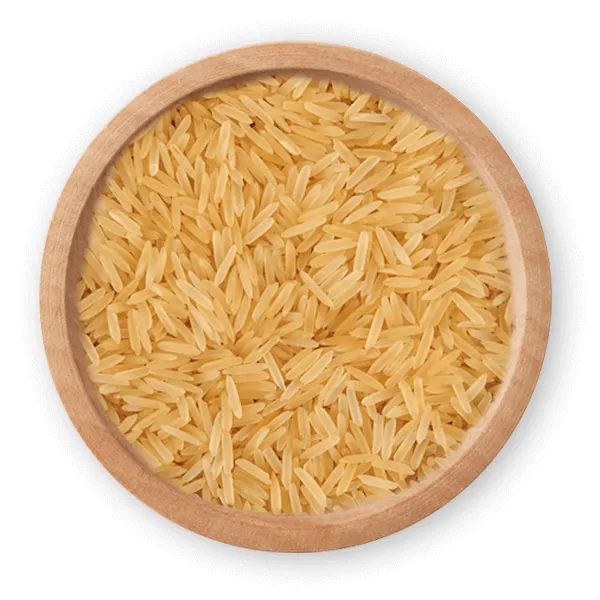1718 Basmati rice is an esteemed variety of aromatic long-grain rice cultivated predominantly in the northern states of India, such as Punjab, Haryana, and parts of Uttar Pradesh. It is highly regarded for its exceptional grain length, aroma, and cooking quality, making it a favorite choice among consumers and chefs alike. The grains of 1718 Basmati rice are slender and elongate significantly during cooking, often stretching to twice their original length, which contributes to its elegant appearance on the plate.
One of the main reasons for the popularity of 1718 Basmati rice is its rich, nutty aroma that enhances traditional dishes like biryani, pulao, and other festive rice recipes. The cooked rice remains fluffy and non-sticky, which is essential for maintaining the integrity of delicately spiced dishes. This variety is also preferred in fine dining restaurants and special occasions due to its superior taste and texture.
In addition to its culinary appeal, 1718 Basmati rice has agronomic advantages. It matures relatively early, generally within 110 to 120 days, allowing farmers to manage multiple cropping cycles efficiently. The variety exhibits good resistance to pests and diseases, reducing the need for excessive pesticide use and supporting sustainable farming practices.
Farmers benefit from the high yield potential of 1718 Basmati rice, which makes it a profitable crop. Its adaptability to different soil types and climatic conditions also contributes to its widespread cultivation. Due to these factors, it has become a popular variety for both domestic markets and exports.
Internationally, 1718 Basmati rice has a strong presence in markets across the Middle East, Europe, North America, and Southeast Asia. Its consistent quality and appealing characteristics have earned it a premium status among buyers worldwide. Nutritionally, it is rich in carbohydrates, gluten-free, and easy to digest, making it a healthy and energy-boosting staple.
Overall, 1718 Basmati rice continues to uphold the rich tradition of India’s Basmati rice varieties, offering a perfect blend of aroma, taste, and texture that satisfies both everyday meals and gourmet cuisine.








